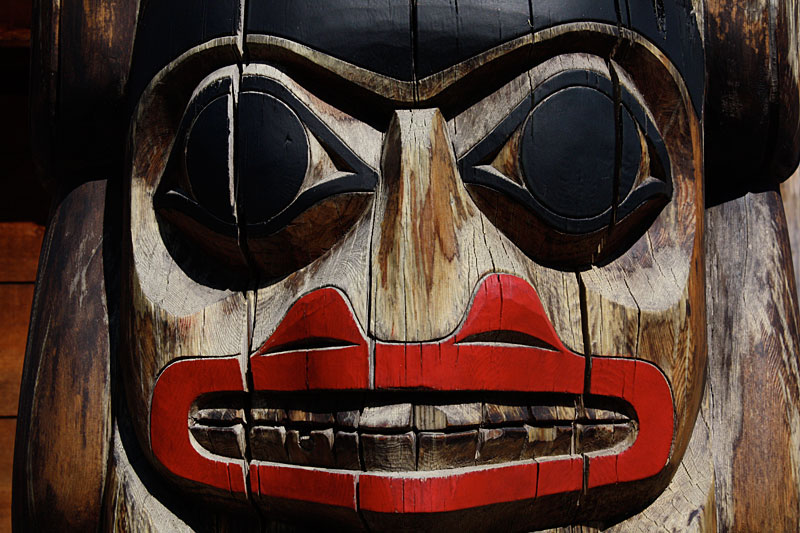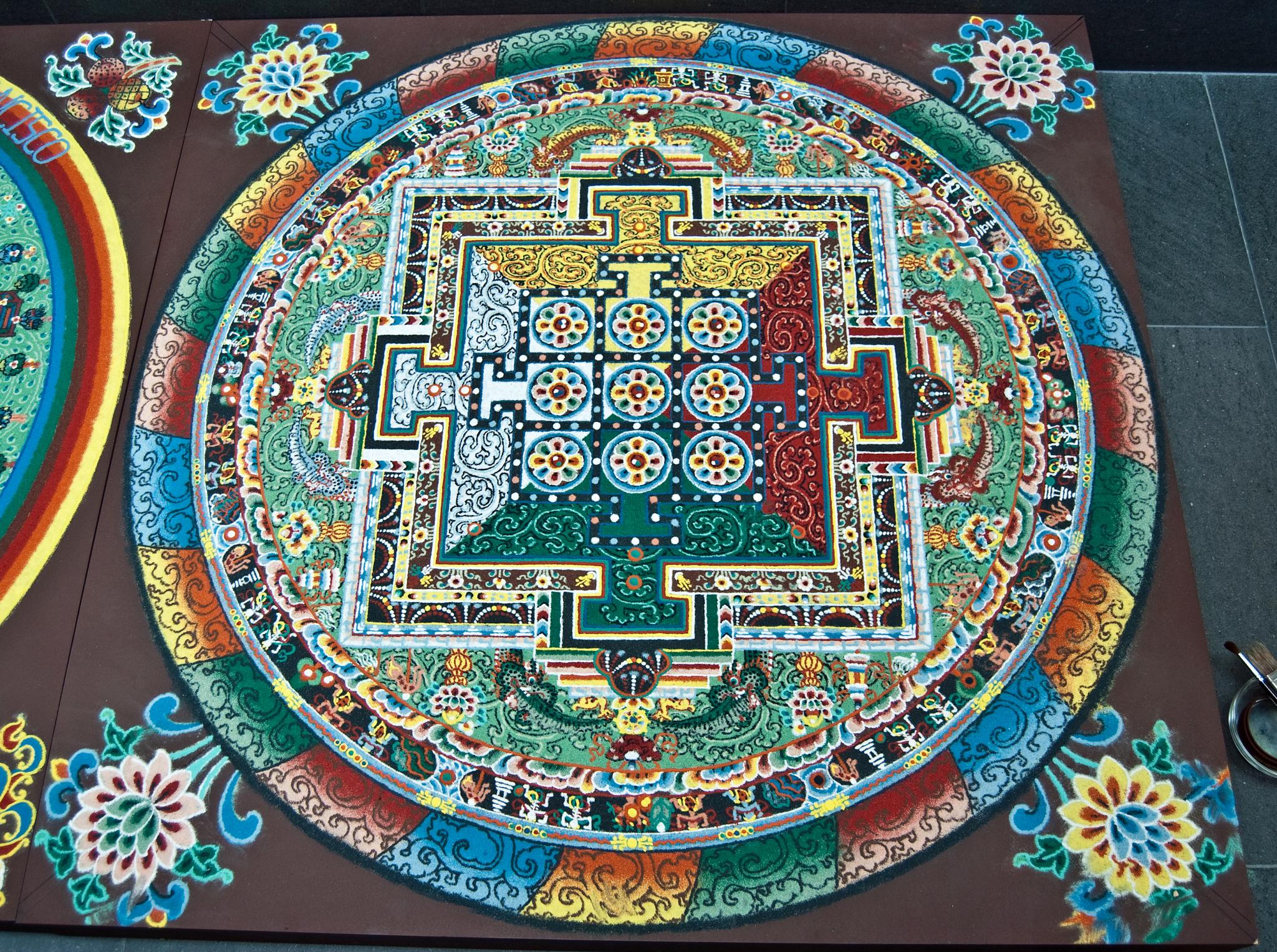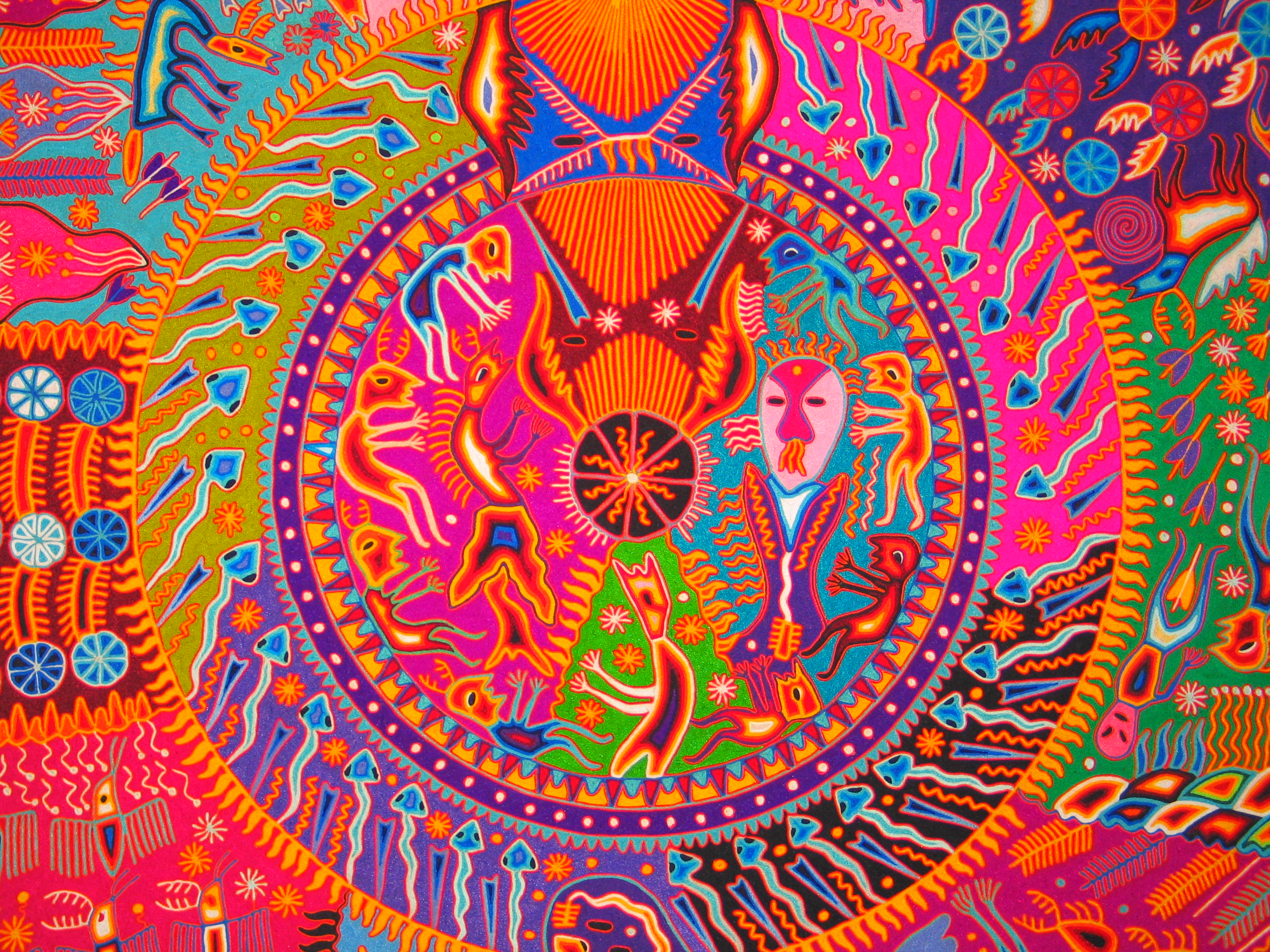Greetings !
In our recent presentation at Association for International Education Administrator conference, Sonja Knutson, Yvonne Rudmann and I asked participants to share on the next small steps and the next big step that can be undertaken within their institutions towards de-colonizing higher education.
Perhaps this can be a space to share on our indigenization/reconciliation and ideally decolonization processes, whether they involve institutional policies, curriculum, governance…all of the above ?







March 3, 2016 at 3:39 PM
Julie, this is an important question and there are a myriad of ways to start. Perhaps you can give a few ideas that came out of the session?
At TRU we have a Handbook for Instructors of Aboriginal Students. Under revision now, it will include links to resources to use in the class. If anyone has any that they can offer, I’d love to hear from you.
March 4, 2016 at 12:58 PM
School boards across Canada are making a concerted effort to build this type of thinking into their Strategic Plans. This is a great resource that I will certainly share with our network here in Ottawa.
March 5, 2016 at 8:13 AM
Hello Emma,
Thank you for your comment. We identified keys areas where institutions can take immediate steps towards decolonizing :
1. Considering relationships with First Nations, Métis and Inuit as nations-to-nations relations means redefining our institutional definitions of internationalization; internationalization at home; indigenization. See Centennial College Diversity Statement : https://twitter.com/VaudrinJ/status/702508394712866816
2. Acknowledging un-ceded territory in opening ceremonies for public events. This is current practice out West, but only beginning in Quebec. I would like to hear what is done in various provinces ?
3. Collaboration with Elders in re-defining curriculum; inclusion of First Nations perspectives in all disciplines. We are currently working on this at colleges in Quebec. For example : through the Social Science teachers, we include conferences and collaborations within the technical programs, were a sociology/psychology teacher would facilitate a training for future nurses or police officers.
4. Faculty development : through a collaborative project with the community; also developing a professional development curriculum for college teachers who want to be inclusive in their approach but don’t know where to start…
5. Including reflexive practice in global citizenship curriculum for all. This holds tremendous potential for re-envisionning international education in “ethical-relational” manner. Look for chapter by Dwayne Donald :
Forts, Curriculum, and Indigenous Métissage: Imagining Decolonization of Aboriginal-Canadian Relations in Educational Contexts
Author(s): Donald, D
Publication Date: 2009
Journal: First Nations Perspectives: The Journal of the Manitoba First Nations Education Resource Centre
Volume: 2
Issue: 1
Page Numbers: 1-24
Description: Available online at: http://www.mfnerc.org/images
Happy to share more on what is being done in your institutions
March 24, 2016 at 2:50 PM
I’m so grateful to see all of this work that has already been done in this area! Thank you for this information.
This work is so much more than checking boxes and requires that we set aside the time and energy to develop genuine relationships with (for example) Elders in Residence.